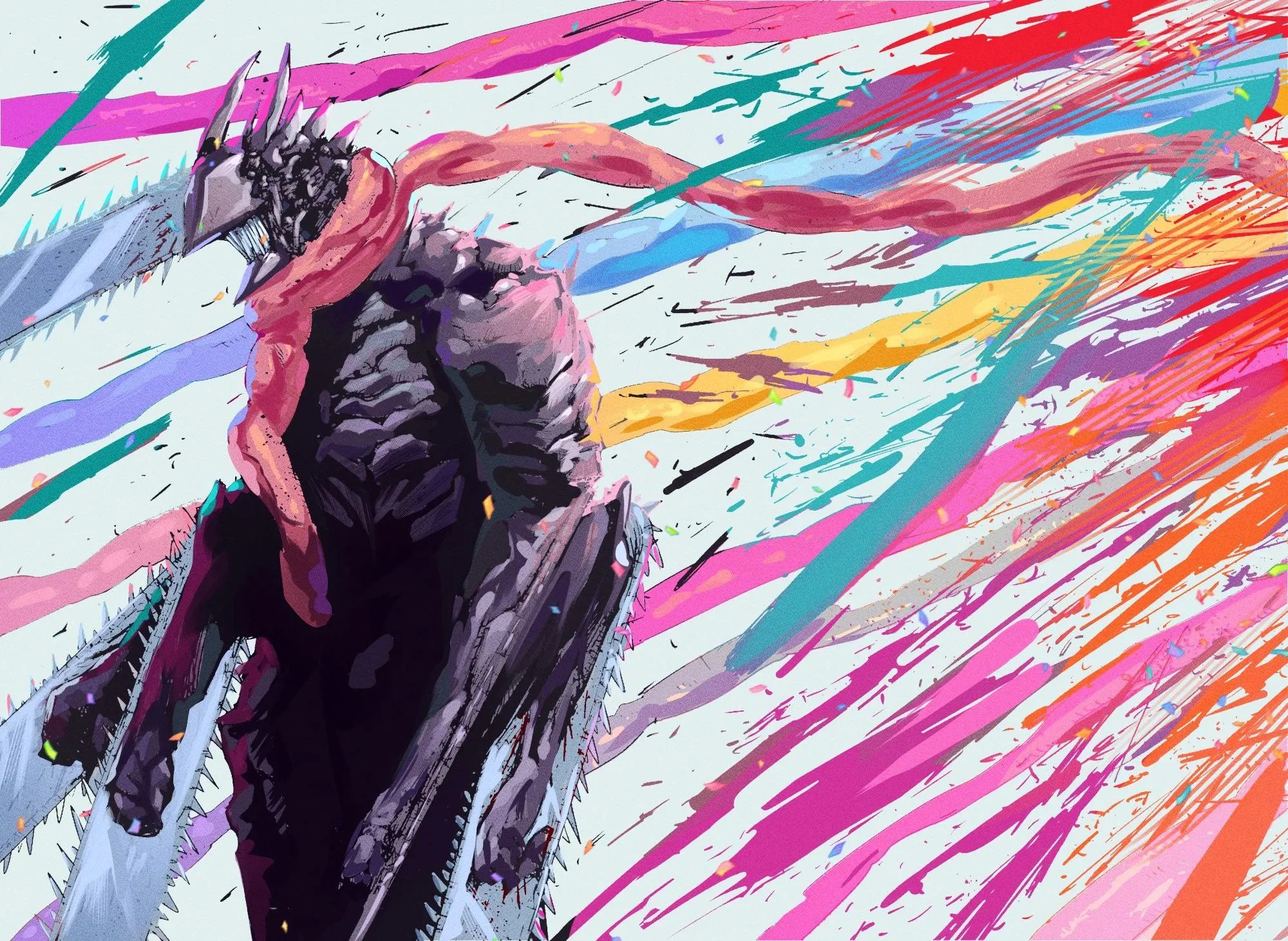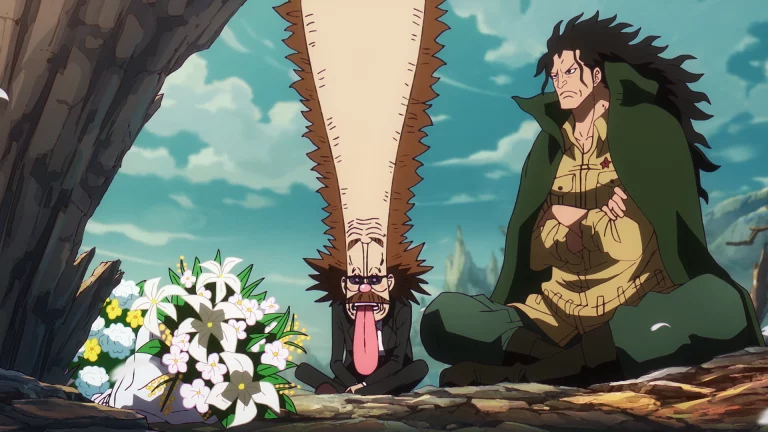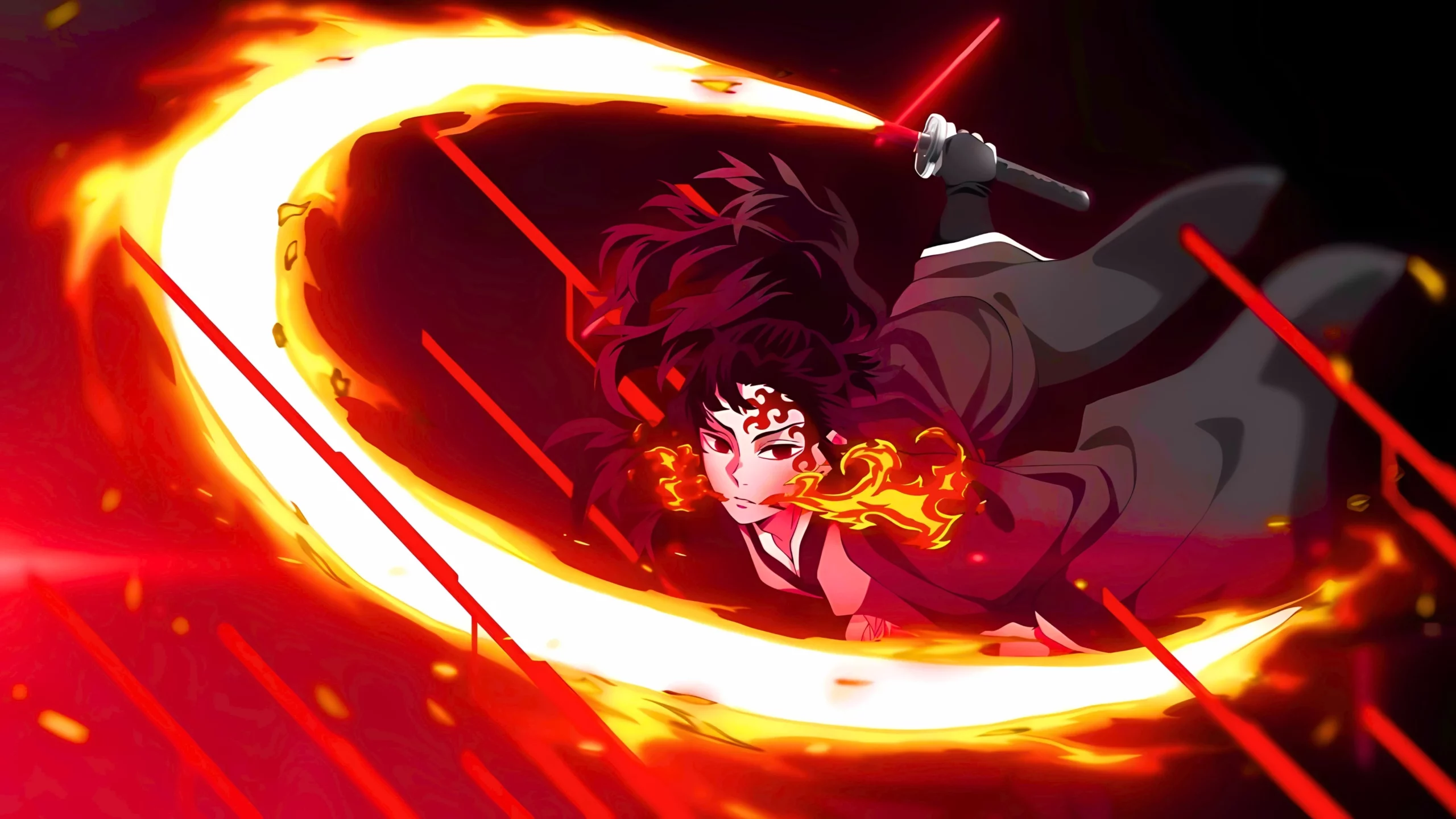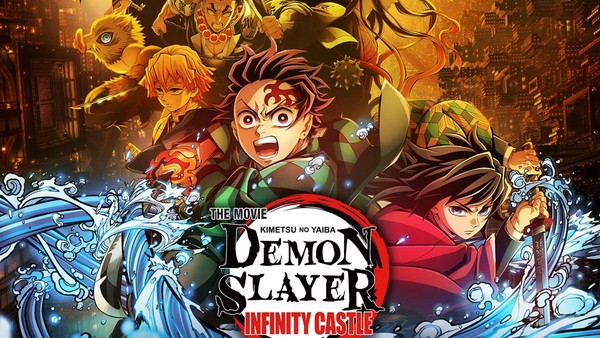The Essence of Pochita More Than a Chainsaw Pet
You might think Pochita is just the cute chainsaw-devil dog in Chainsaw Man, but he’s far more. He’s the structural and emotional core of the entire narrative. A friend, a contract, a heart, a power source, and a mystery wrapped in one.
From the moment he becomes Denji’s companion to the moment he fuses with Denji, Pochita’s presence drives the story. Without him, Denji is just a debt-ridden boy; with him, he becomes Chainsaw Man.
Let’s peel back the layers.
Origins & Role Before Fusion
Pochita is the Chainsaw Devil, a supernatural entity embodying the fear of chainsaws. In his first appearance, he looks like a small, orange, doglike creature with a chainsaw blade protruding from his head and handles that one could grasp. He’s not huge or monstrous in his default form.
Before his fusion with Denji, Pochita acts as Denji’s companion, helping him hunt devils, serving sometimes as a tool, sometimes as a friend. He’s loyal, resourceful, sometimes silent, but his actions speak volumes.
Fusion with Denji Contract & Resurrection
In a climactic betrayal, Denji is nearly killed. But Pochita intervenes. They form a contract: Pochita will revive Denji in exchange for Denji showing him his dreams (i.e, living as a human, normal life). He essentially becomes Denji’s heart, merging into his chest.
After this, Denji gains the power to transform parts of his body into a chainsaw, thus becoming Chainsaw Man. In many ways, Pochita is the seed, the power source, and the end soul of the hero.
After this fusion, in many arcs, Pochita’s presence is felt through memories, dreams, occasional spiritual presence, and the very function of Denji’s abilities.
Symbolism Heart, Memory, Sacrifice
Pochita symbolizes love and sacrifice. He gives up a major portion of his own existence to save Denji. That kind of unconditional bond is rare in shonen or dark fantasy.
He’s also tied to memory: when devils are erased (in certain lore), no one remembers them. Pochita’s fusion and the memories around him become anchors for identity, humanity, and purpose.
Moreover, his sacrifice brings weight: Denji is not just using power; he’s literally fueled by a life given to him. That moral and emotional weight carries through many story beats.
So Pochita is not just “cute devil pe,t” he’s the emotional bedrock under Chainsaw Man.
Powers & Abilities of Pochita
If Pochita were just symbolic, he’d be powerful enough already. But, no, he has serious ability credentials.
Let’s explore what he can do, how powerful he is, and what makes him unique.
Chainsaw Manifestation & Combat Prowess
In devil form (pre-fusion or in spiritual/memory realms), Pochita’s body includes chainsaw elements: the blade on his head, handles to grand ip, extensions. He can slice through devils, objects, etc.
His speed is also notable: in stories, he’s described as being able to act faster than opponents react, almost teleportative. He can launch surprise attacks, dismember threats, and maneuver in hellish combat with fluidity.
He’s considered one of the stronger devils, able to resist hordes and survive in hellish conflicts.
Devil Erasure (Absolute Deletion)
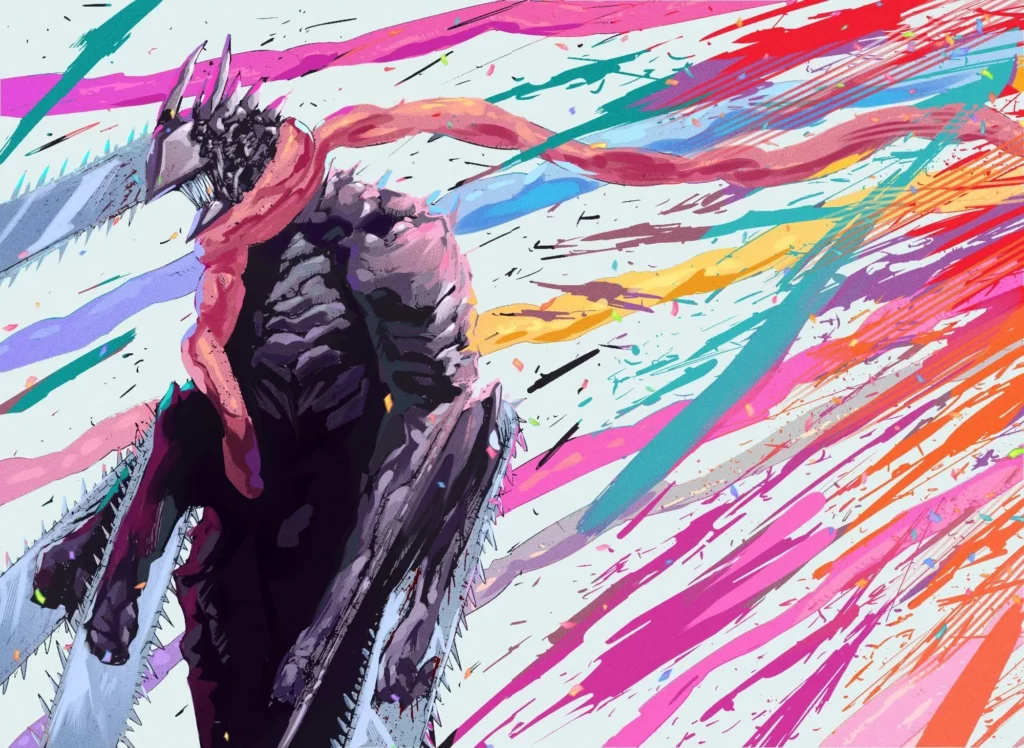
One of Pochita’s most astonishing powers is Devil Erasure. Essentially, when Pochita consumes a devil, he doesn’t merely kill it; he removes all traces of it from existence. That means that the fear concept, memories, and presence of that devil vanish across dimensions.
This is unique: most devils, when destroyed, return via dimension or alternate existence. Pochita’s erasure is absolute. That makes his stake in the world cosmic-level.
Because of this, many other devils fear him. He’s no small player; he’s a ledger in existential accounts.
Durability, Regeneration & Boundaries
Pochita is durable; he survives in hell, fights strong devils, endures being split, weakened, and then still functions in a near-death state. He can retract, regenerate, and adapt.
However, when his powers are used or when he’s weakened, he has limits. He was put into a “near-death state” after intense conflict before meeting Denji. His survival is partly due to cleverness, partly to sheer tenacity.
He’s also bound by contracts, covenants, and spiritual rules: he can’t just roam free in full power whenever he wants; narrative constraints do apply.
Pochita & Denji The Heart-to-Heart Relationship
The story of Pochita is inseparable from Denji’s. Their bond is not just functional; it’s emotional, thematic, tragic, and hopeful.
From Companion to Heart
When Pochita was Denji’s companion, their relationship was one of survival. Denji was indebted, starved, desperate; Pochita was his partner in misery. There was no grand heroism, just two beings cooperating in a brutal world.
After the fusion, Pochita’s role escalates: he becomes literally Denji’s heart, his power, his identity. Denji’s successes, failures, and emotions are all shared.
Dreams, Promises & Purpose
Their contract is not transactional in the cold sense. Pochita asked Denji to show him his dreams: to live, to laugh, to have a life beyond fighting. That request becomes Denji’s hidden driver.
In many emotional scenes, Denji remembers Pochita’s request. He pushes on not simply to fight devils but to live partly for Pochita’s dream, partly for his own.
That layered motivation makes Denji’s journey more resonant. Pochita is both motivation and consequence.
Conflict, Memory, & Absence
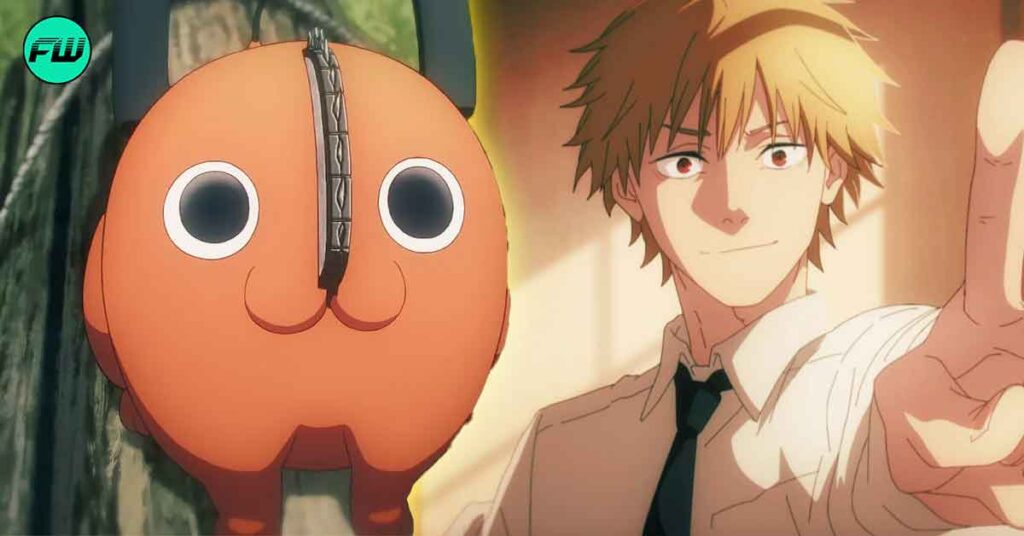
Even when Pochita is not manifest in a physical form, Denji remembers him. Occasionally, he doubts whether Pochita is gone, lost, or dormant. In some arcs, Pochita’s absence is a hole he’s missed, felt, longed for.
This tension, presence vs absence, memory vs reality, heightens emotional stakes. When someone is central but not always present, their influence looms larger.
Major Story Arcs & Pivotal Moments Involving Pochita
Let’s take a chronological ride through events where Pochita’s role is central, decisive, or transformative.
Betrayal & Fusion (Origin Moment)
The pivotal moment: Denji is betrayed by those he trusted (yakuza, devil contracts) and nearly killed. Pochita intervenes, sacrificing part of his being to merge with Denji. That fusion resurrects Denji, but also sets the rules of their union.
From that point on, Pochita’s presence defines Denji’s identity as Chainsaw Man, his powers, limitations, and moral weight.
Battles & Encounters Where Pochita Emerges

In some major confrontations, Pochita’s influence is felt either through Denji accessing higher power, unlocking abilities, or encountering enemies who fear or acknowledge Pochita’s presence.
For example, devils who recognize Denji’s power sometimes refer to “the Chainsaw Devil” behind him. Pochita is bota h a literal and spiritual engine behind these showdowns.
Erasure Stakes & Remembrance
Because Pochita can erase devils, there are arcs where his power is coveted, challenged, or threatened. The concept of erasure is high risk: if Pochita is compromised, many existential consequences could follow, devils gone from memory, balance upset, reality warped.
Also, Pochita’s memory is sometimes threatened; characters struggle to remember him, enemies attempt to claim his power, or dismantle his legacy. These arcs test not only power but memory, identity, and loyalty.
Legacy, Rebirth & Future Implications
Later arcs hint at Pochita’s continuing role. Even when not in full form, his contract remains, his will persists, and his memories guide Denji. There may be rebirth, further evolution, or confrontation of his powers’ limits.
Because of his capacity for erasure, Pochita may become central in cosmic-level stakes (death, devil hierarchies, existential threats). His legacy may define the future of devils and humans alike.
Hypothetical: If Pochita’s Abilities Existed in Our World
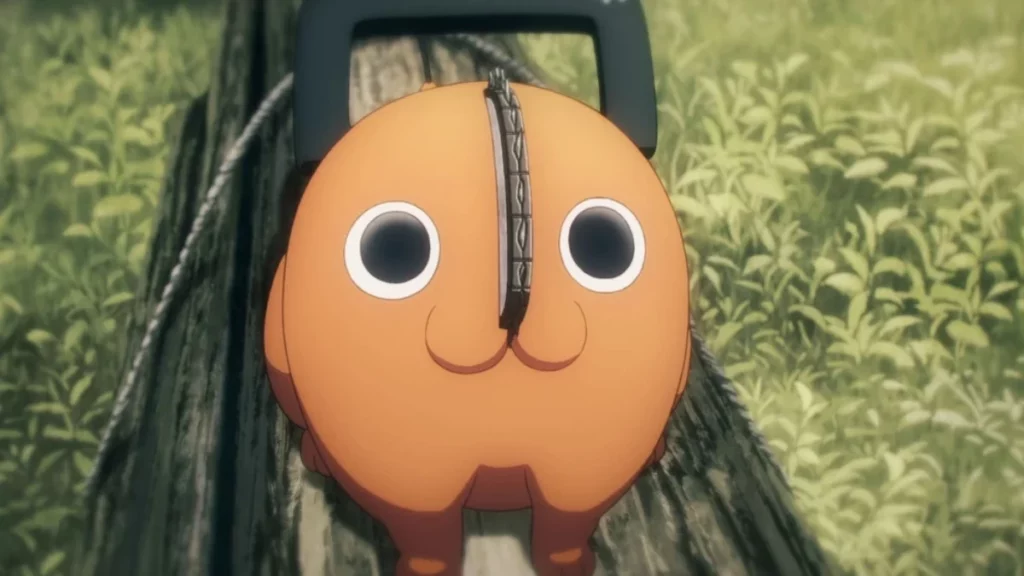
Let’s put on our fantasy-engineer hats. If Pochita’s powers were real, what would the costs, logistics, or consequences look like?
| Aspect / Need | Hypothetical Cost or Constraint | Interpretation |
|---|---|---|
| Energy & Essence | Enormous spiritual / bio cost | Manifesting devils, erasing them, and sustaining merging would drain life force heavily. |
| Contract Law / Magic Rules | Complex covenant systems | Contracts would need safeguards, loopholes, and binding terms |
| Memory & Reality Stability | Risk of forgetting / paradox | If a devil is erased, memories must adjust — reality might glitch |
| Infrastructure & Secrecy | Hidden labs, containment | Entities would want to study or seal such power |
| Emotional & Identity Stress | Psychological burden | Carrying someone else’s will, memory, power — mental strain |
This helps ground how incredible (and dangerous) Pochita’s powers are. In fiction, rules are easier to manage; in real life, the overhead would be enormous.
Why Pochita Resonates & Stands Out
In a roster of devils, antiheroes, and tragic protagonists, Pochita shines differently. Here’s why.
-
He’s humble and powerful simultaneously..
He’s not loud or flashy in everyday form; yet his power is existential. That contrast is compelling. -
Emotional anchor, not just t tool
Many powerful companions are just “power sources” in fiction. Pochita is more; he has dreams, a bond, sacrifice. -
Unique existential stakes
The ability to erase devils from existence is rare. That places him above typical devil hierarchies. -
Narrative depth through absence
Using a character whose physical presence is intermittent but whose memory, effect, legacy, and emotional weight persistiss strong storytelling. -
Symbolism & thematic weight
Heart, sacrifice, memory, dreams, and identity. Pochita is the symbolic thread tying many themes of Chainsaw Man.
Common Misconceptions & Nuances
Because Pochita is both mysterious and multi-layered, some details get oversimplified. Let’s clarify a few.
-
“Pochita is just a pet or mascot.”
No. In many arcs, his influence is central, his power cosmic, his bond foundational. -
“Devils are always resurrected; Pochita’s erasure is overpowered/unrealistic.”
Yes, but that uniqueness is part of the narrative’s gamble. It’s not inconsistency; it’s a special power. -
“Denji fully controls Pochita’s power always.”
Not necessarily. There are moments where Denji struggles, doubts, misuses, or doesn’t fully grasp the power granted. -
“Pochita serves only as motivation.”
He is more when he acts, fights, influences, erases, and binds contracts. He’s the agent, not just the muse. -
“Pochita’s sacrifice is simple.”
It’s emotionally and existentially heavy. The cost is more than narrative convenience.
Conclusion
Pochita is a character who transcends the “cute devil companion” archetype. He is power, metaphor, memory, and moral device all at once. Through his origins, his fusion with Denji, his ability to erase devils, and his emotional symbolism, he shapes the trajectory of Chainsaw Man.
What’s remarkable is how a seemingly small, somewhat unassuming entity becomes a cosmic lever in storytelling. He’s never just a decoration; he’s the foundation. The emotional weight of his contract, the dream he asked of Denji, and the sacrifice he offered all ripple through the entire narrative.
In a story of devils, violence, horror, and absurdity, Pochita is one of the few constants of pure humanity. His memory lingers when he’s absent; his influence grows when he’s quiet. The focus keyphrase Pochita Chainsaw Man is much more than a name; it’s a story of heart, identity, sacrifice, and power.
If you want, I can also make a gallery of Pochita’s best moments, or compare Pochita with other devils in the series. Want that next?
FAQ
1. What exactly is Pochita’s “Devil Erasure” ability?
When Pochita consumes a devil, he doesn’t kill it; he deletes all traces of its existence: memory, concept, dimension. It’s a total erasure rather than normal destruction.
2. Can Pochita exist separately from Denji?
Yes, in certain spiritual or memory realms, or in flashbacks or near-death states. But his fully empowered form is generally tied to Denji.
3. Was Pochita always so powerful?
He was already formidable as the Chainsaw Devil. But in his weakened or near-death state, he’s limited. The merger and narrative progression amplify his role.
4. Why did Pochita ask Denji to “show him his dreams”?
Because Pochita didn’t just want power; he wanted meaning. He asked Denji to live to dream, to hope, to exist in a human life beyond fighting. That request underpins much of Denji’s motivation.
5. Does Pochita ever come back after sacrifice?
In a sense, through memories, through Denji’s body, through spiritual presence. While his separate active form is rare, his essence remains.

